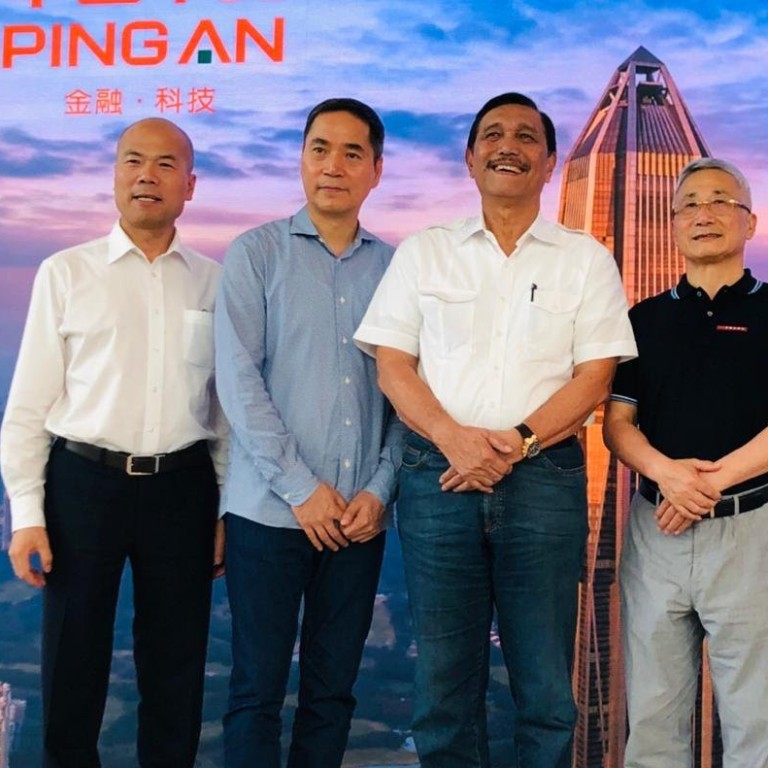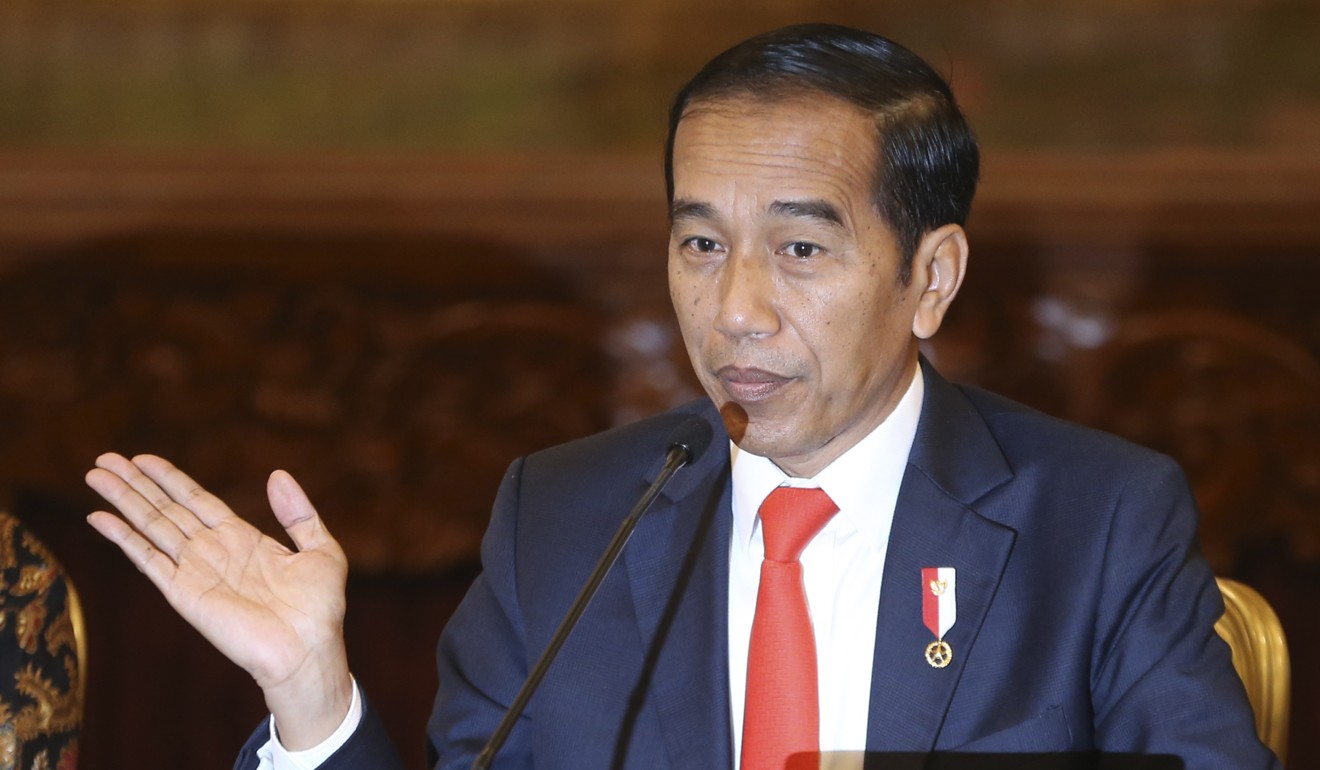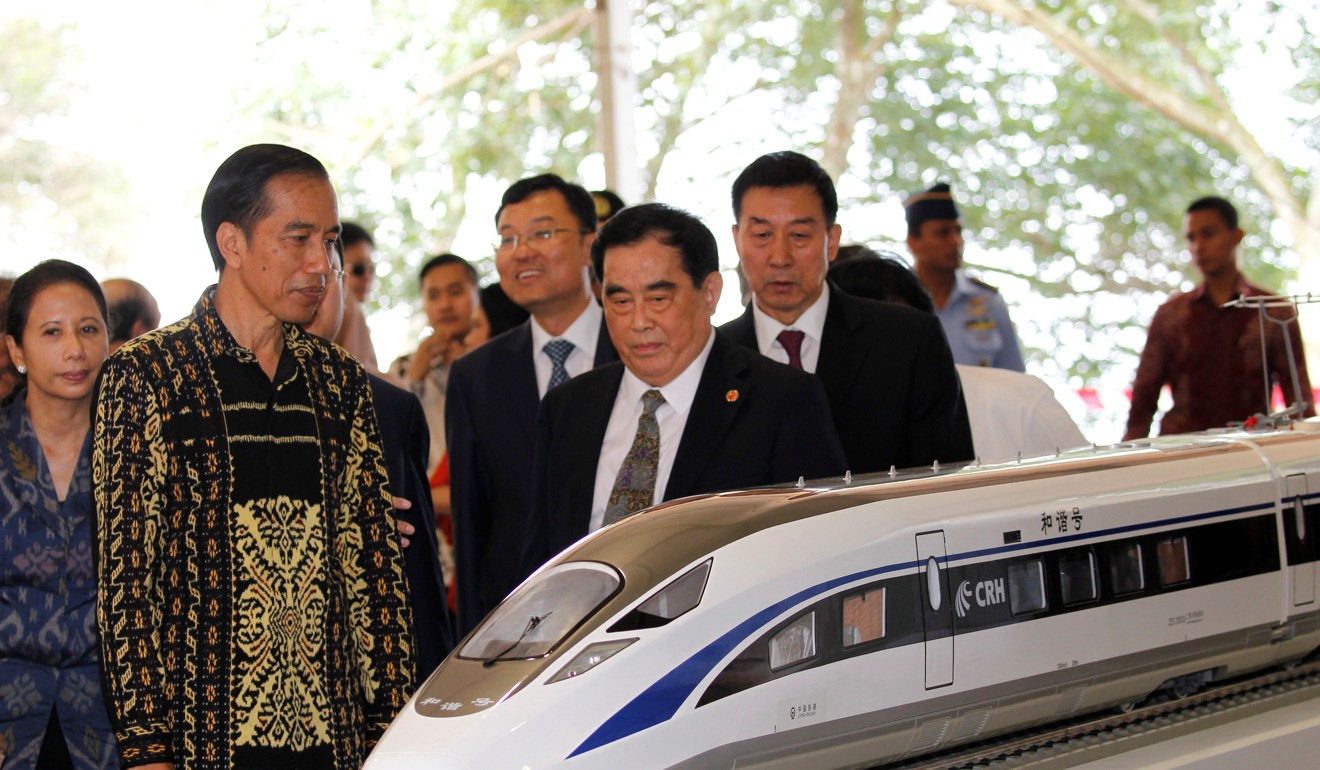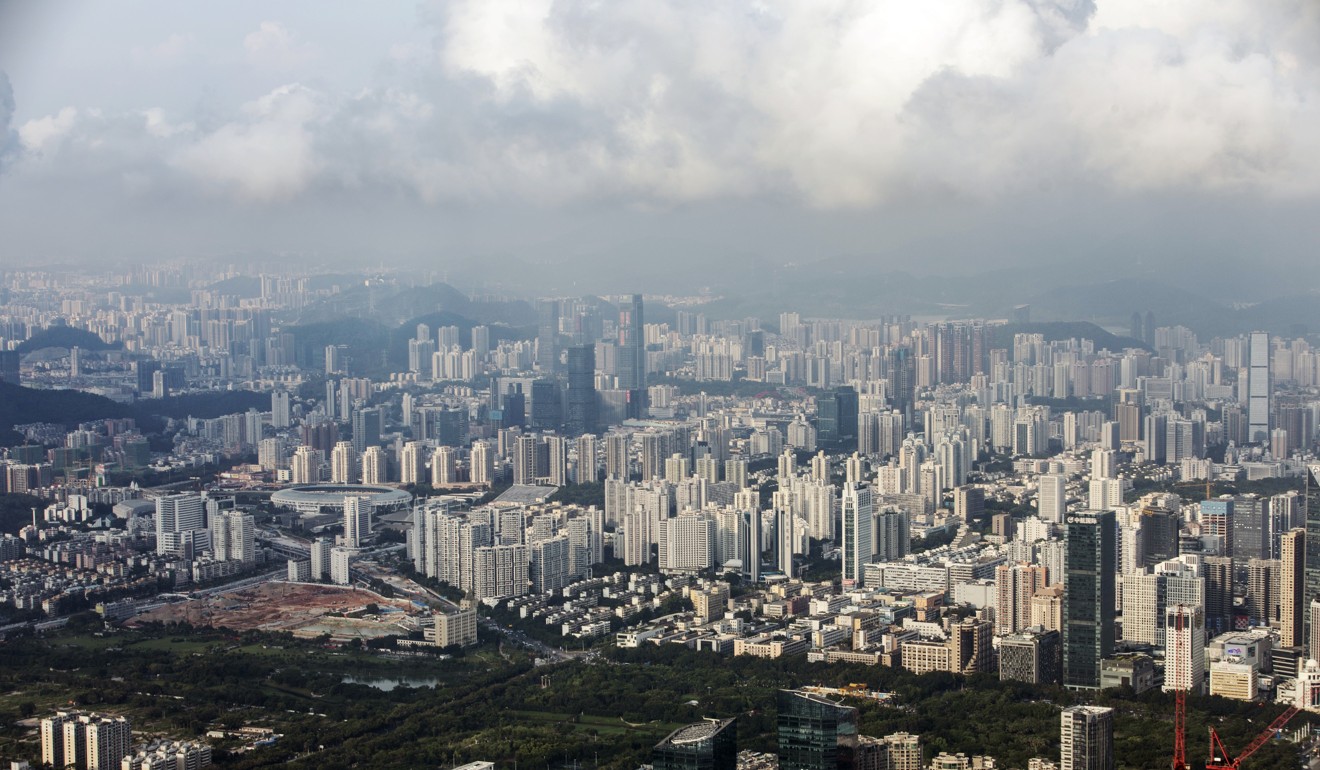
Indonesian minister clarifies no deal struck between China’s Ping An and national health insurer
- Minister Luhut Binsar Panjaitan made the comments after social media users asked why a Chinese insurer would be working with Indonesia’s health insurance agency
- This comes amid concerns about China’s growing influence in Indonesian affairs, despite the government’s aim to increase Chinese investment
Others asked why the 71-year-old former military general was so quick to rely on China to solve Indonesia’s problems, underscoring once again the domestic sensitivities that Jakarta has had to navigate as it seeks closer ties with Beijing.

In the run-up to the April election in which Widodo, popularly known as Jokowi, was re-elected, there were a series of online hoaxes aimed at inflaming anti-China and anti-Chinese sentiment in the Muslim-majority country.
Rizal Ramli, former coordinating minister for economic affairs, tweeted: “Are we really going to ask China’s help for BPJS? Are we really not that creative or is there a hidden motive behind the act?”
“What if all of Indonesians’ health data [is accessed by] Beijing? Looks like someone deserves the title of ‘China’s honorary ambassador to Indonesia’.”
Said Didu, former secretary of state-owned enterprises ministry turned ardent government critic, also doubled down on the anti-China rhetoric.
“I am bamboozled by the maritime affairs coordinating minister’s idea to ask for China’s help with BPJS … it seems like, for [Luhut], every problem that this nation faces could only have one solution, which is to ask for ‘help’ from China.
“From the high-speed railway, electricity, Garuda, BPJS, labourers, etc.. he has asked for China’s help for all of this. Have we given up, that we ask for help from the Chinese on all [of our problems?],” the former public servant said, referring to examples of Chinese involvement in the economy.

An Indonesian-Chinese consortium is building a high-speed rail link between Jakarta and Bandung as part of the Belt and Road Initiative, President Xi Jinping’s ambitious plan to boost global trade.
Chinese companies have invested in power plants in the country, and Chinese workers have been brought in to work on infrastructure projects.
In June, Luhut asked Industrial and Commercial Bank of China (ICBC) Aviation Co., a subsidiary of ICBC Financial Leasing Co. Ltd., to restructure aircraft leasing debt owned by state-owned airline Garuda Indonesia, which in 2013 leased five Boeing 777-300 ER and six Airbus A320 aircraft from ICBC Ltd. for US$1.7 billion.
In his statement, Luhut clarified that his intention was merely for the Chinese insurance titan to provide advice to BPJS. He had visited the Shenzhen headquarters of Ping An Insurance in July and said he was impressed by how the company had used artificial intelligence and increased business efficiency.
“This public company is the pioneer in using technology-based health management system in 282 cities in China,” said Luhut. Ping An, founded three decades ago by chairman and chief executive Peter Ma Mingzhe has a one-stop health care platform called Ping An ‘Good Doctor,’ which the company claims is used by more than 54 million active users each month.
“According to them, this service has been used by more than 403 million people. During the discussion, Ping An suggested to me a few things that the BPJS can do to cut its deficit,” he said.
China’s US$16 billion East Timor loan a ‘hoax’, minister says
Indonesia’s health coverage programme is among the world’s largest as it covers about 84 per cent of the population. It was designed to help low-income residents access health services – for the poor, their insurance premium is fully paid for by the government while private employees split their premium payment between themselves and their employers. Independent workers and those without jobs are supposed to pay for premiums on their own but enrolment from this group is very low, even though the informal sector makes up the bulk of Indonesia’s workforce.
Lack of oversight for premium collection and incorrect calculation between members’ premium and their health risk are seen as two main reasons why deficit continues to expand annually since BPJS inception in 2014.

According to Luhut, he had met with BPJS president director Fachmi Idris last week to talk about the measures that BPJS could take to cut the deficit. One of them is through “data sync” in which paying the BPJS premium is included into requirements for public services such as passports or driving licenses creation and renewal.
“If you want to use public services such as creating a driving license or passport, we could check whether you have outstanding BPJS premium balance. If you have it, you will be asked to pay it first before continuing the public service process. This is just one example,” Luhut said.

Analysts said that Luhut’s statement highlights how the country’s politicians tend to look for short-term fixes rather than sustainable solutions for its problems. It also shows how many Indonesians are wary of China’s rising influence despite Jakarta’s aim to increase China’s investments in the country.
China isn’t the only option as Jokowi reforms Indonesia’s economy
“Many people also still fear Chinese involvement in Indonesian affairs,” said Yohanes Sulaiman, politics and security analyst with the University of Jenderal Achmad Yani in West Java. “But for Indonesia, it is easier to seek investments from China than from the United States. Luhut might see China’s involvement as a short cut to quickly fix the BPJS [deficit] problem.
“The [data sync] solution is forcing people to pay for the BPJS. Most people who can afford passports in Indonesia are those who don’t need universal health care because they have their own private insurance, which is better than BPJS,” Yohanes added.

